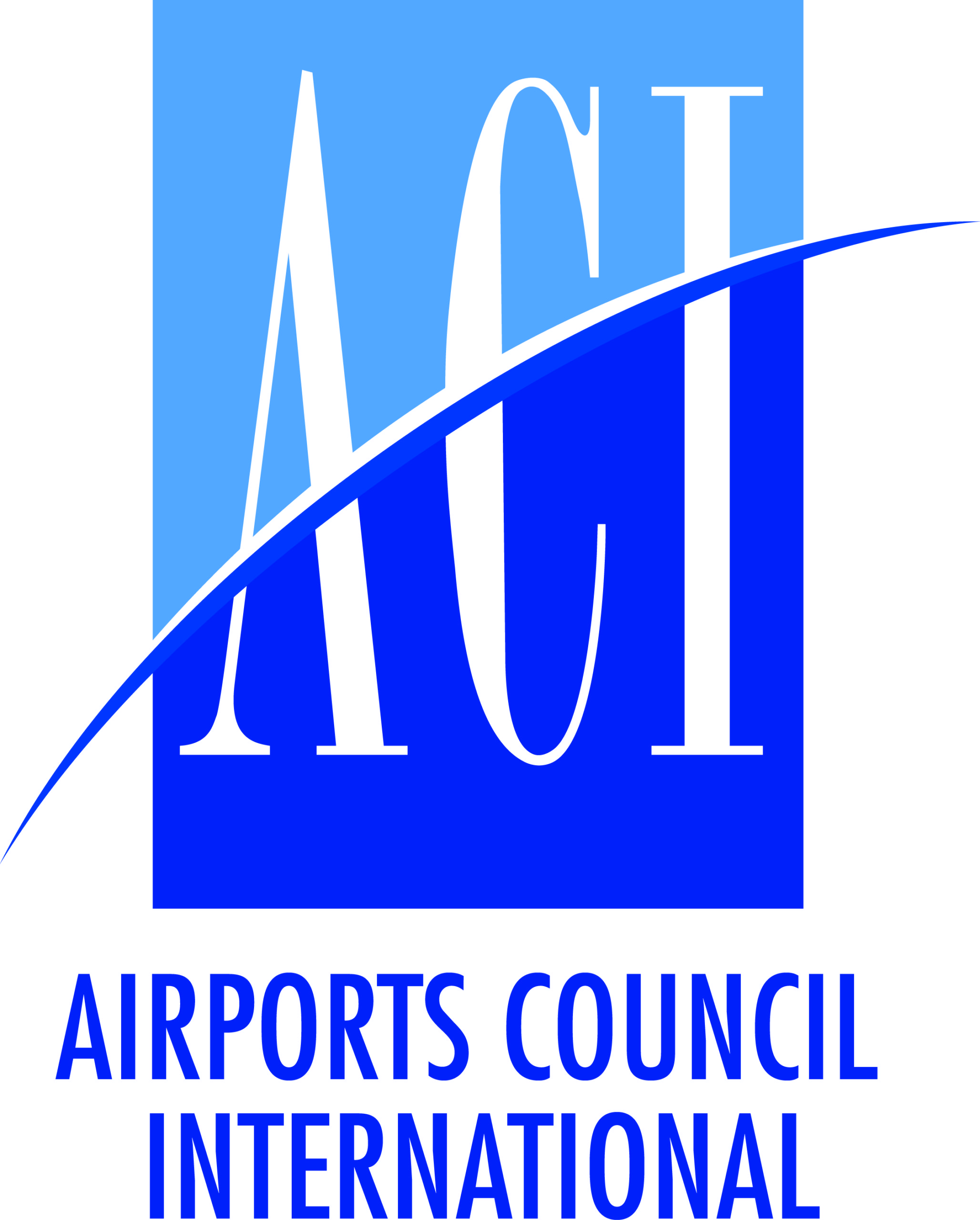Source: ACI
Airports Council International (ACI) World has today published its latest quarterly airport traffic outlook showing strong air travel demand will continue to improve into the northern hemisphere summer season.
Highlights from ACI World’s 13th Advisory Bulletin on the impact of COVID-19 on the airport business—and the path to recovery include:
- The easing of inflation and rising consumer confidence in most OECD countries combined with declining jet fuel prices, suggests sustained strong air travel demand that will continue to improve into the summer season.
- Airports are forecasted to welcome 2.7 billion passengers in Q2 2023 and 2.9 billion in Q3 2023.
- Global passenger volume is projected to reach 8.4 billion in 2023, representing 92% of 2019 levels.
- The reopening of China’s economy further contributes to global activity and international air travel. Its economy exceeded expectations in Q1 2023, with GDP growth accelerating to 4.5% from 2.9% in Q4 2022.
- The Asia-Pacific region is expected rebound in 2023, reaching 2.9 billion, or 85.3% of 2019 levels.
- The share of international passengers is expected to make up 38% of total passengers in 2023, close to the 42% of traffic share it achieved in 2019.
ACI World Director General Luis Felipe de Oliveira said: “Increasing passenger volumes, rising consumer confidence in most OECD countries, combined with declining jet fuel prices, suggests air travel demand will remain strong into the northern hemisphere summer season. The opening of Chinese aviation markets represents especially positive progress to global activity and air travel demand.
“But we must be vigilant. GDP growth forecasts have moderated and energy and food prices, although decreased from their peak levels, remain higher than pre-pandemic levels. Inflation will also be an issue in the near term, straining the financial viability of airports as they face increased operational costs.
“Amidst this background, regulators must support airports by allowing them to operate as businesses in their own right. In many jurisdictions, airports cannot adjust charges without regulatory approval—conversely, airlines can freely adapt their tariffs based on demand and supply factors. Flexible policies on charges can help airports recover and grow sustainably, optimize the use of infrastructure and the customer experience, invest in current and future infrastructure, meet decarbonization targets, and maximize airports’ social and economic benefits amongst many other benefits.”
In May 2023, ACI World launched the #Back2Facts on the Airport Business campaign aimed at explaining the positive socio-economic impacts of airports and aviation as a whole, and the need for governments to support the airport business in their recovery from the pandemic and in their journey to sustainable growth.


